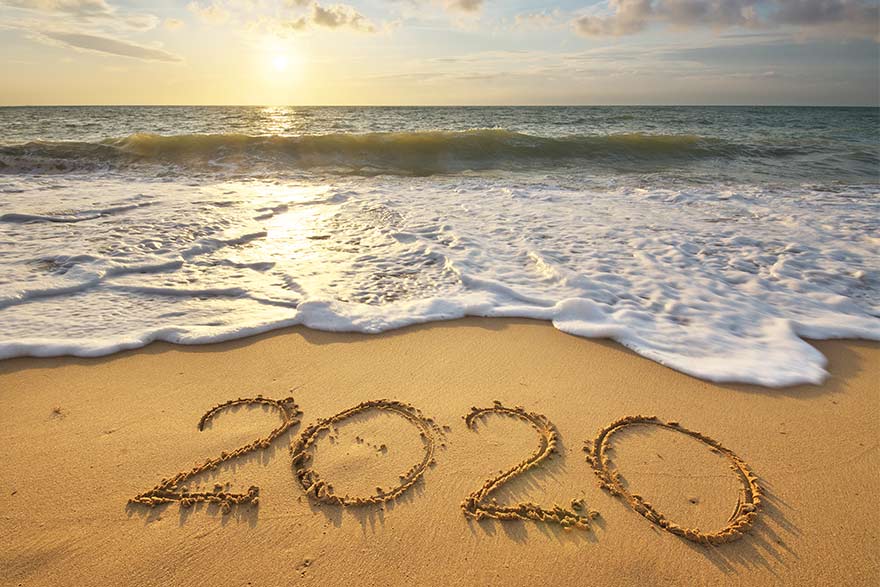How did we imagine 2020 would turn out at this time of 2019? First of all, as a far better year compared to the last one. However, it ended up as a year that surprised us so much that it’s almost difficult to evaluate
The first conclusion could be that it was a year that caused us to completely question our confidence in the future and, even more so, our ability to make any predictions. And it also, finally but much more seriously, brought into questioned our idea of human self-confidence and man as the master of nature. Man has mastered technology, communication and launched a digital revolution, but also stumbled into a conflict with nature. As Noam Chomsky would say: the climate crisis, the threat of nuclear war and the rise of authoritarianism currently represent the greatest risks to the sustainability of humanity.
We are bearing witness to a deep crisis of democracy worldwide, democracy that represented the only hope that we would be able to overcome crises and succeed in stopping them from spreading. That’s because we can only be helped in that by a truly comprehensive democracy that includes an informed citizenry and implies their participation in the development of crisis management programmes. Many scientists have a tendency to believe that the pandemic we are enduring is not a standalone crisis, but rather a process of climatic or environmental change. Specifically, the pandemic is only the end result of our irresponsible attitude towards nature, towards ecology. Capitalism’s insatiable desire for money, for economic success that’s measured through the excessive acquisition of wealth, will cost millions of lives and create major cracks in the world economy, leading to the further deepening of social differences.
But what might the great crisis that we’re experiencing have taught us?
It primarily brought us face to face with the need to create new forms of solidarity and sharpened the need for us to introduce controls over every kind of power. It caused us to confront the necessity for us to consider creating a new kind of relationship between people. We are currently living sensitive, fragile and insecure lives that are overshadowed by a constant threat. The new normal that should follow the presumed end of the pandemic must differ from the one we’ve lived to date.
It seems that it was essential for us to experience such a catastrophe, in order for us to be ready to think about the society we live in and the kind of society we actually want to live: to first ask ourselves a question about the nature of solidarity as a way to ensure our survival. Established forms of human relations and coexistence can no longer be taken as given forever. What we have so far experienced as our “daily routine” will turn into nostalgic reminiscences.
In some ways I think that we’re living in a unique historical moment. The future demands that we seriously consider a new way of life and come up with new “rituals” of behaving, socialising and coexisting. The way of life that we were familiar with will not return even after the pandemic ends. And it seems to me that the political elite, whether on the left or the right, don’t understand the reality we’re living in and refuse to accept the full consequences of the current picture of the world. The self-organisation of human life is constantly exposed to disintegration.
The consequences of the pandemic and accompanying economic crisis will soon raise important questions: will there be enough food; how can we find jobs; how should we educate our children? And we are only at the beginning of the climate crisis.
With each day of isolation and the struggle against the pandemic, it is natural that the fear that we may live in isolation for many years to come grows and that we will, as Žižek says, live in a world in which we dream, watch Netflix and lose our sense of time.
